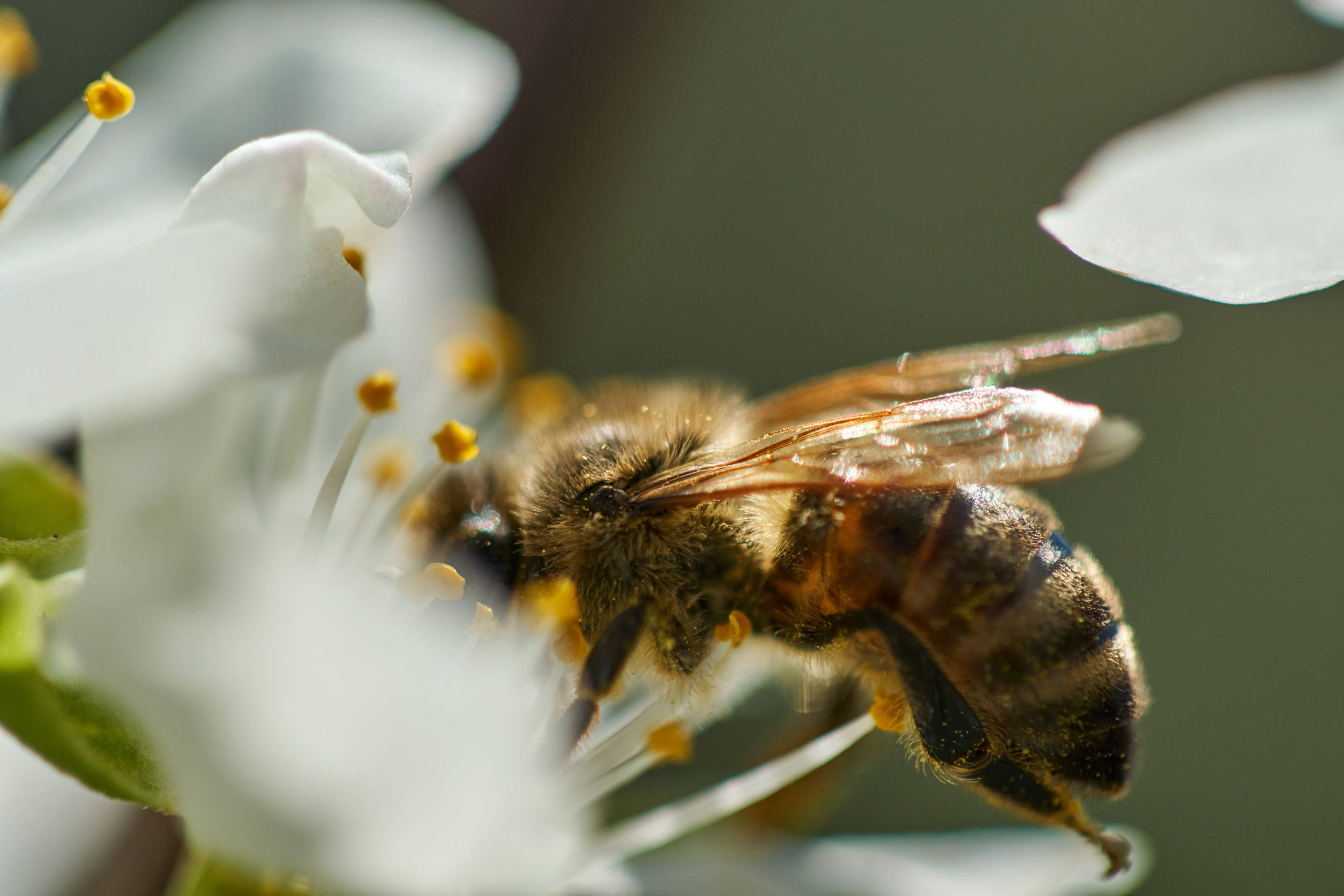They say you shouldn’t waste your food, but in this unique case, the waste you collect is what can get you food. India just launched its very first ‘garbage cafe’ in the city of Ambikapur in the central Indian state of Chhattisgarh. An initiative of the Municipal Corporation, the idea is to provide hearty food to the homeless and poor, while incentivising garbage collection and keeping the streets clean.
The cafe gives you a free meal for every kilo of trash you collect or a substantial breakfast for 500 grams of it. Such ‘rubbish’ cafes already operate in some parts of the US, Europe and even Cambodia, and many spaces around the world are even constructed completely out of plastic waste. But this one is even more special because it plans to use all this plastic waste to build robust roads in Ambikapur, which is considered the second cleanest city in India after Indore.
Not only is this a great way to pump plastic into something productive, but these roads also last longer and are more resistant to floods and other types of water damage. And considering how our cities are knee-deep in all this rubbish, some even projected as being unlivable in the future, we really need initiatives like these to do some damage control.










